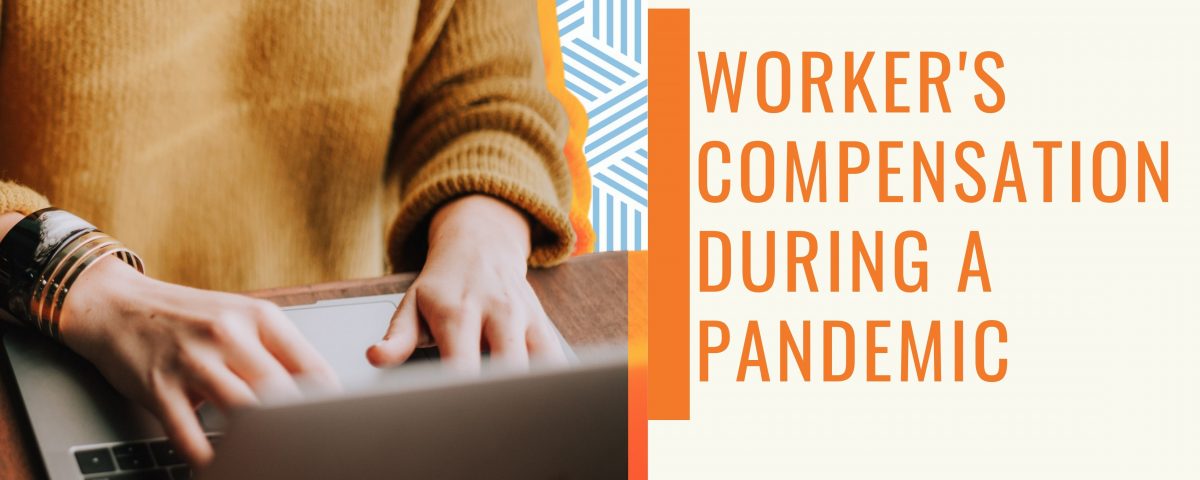- Exactly What You Need.
- (704) 558-7433
- (704) 960-1860
- hello@tillmaninsadv.com
Worker’s Compensation During a Pandemic

How To Position Your Business Post Stay at Home Orders
August 22, 2020
When Should I Update My Policies?
August 24, 2020In most states, worker’s compensation does not cover a pandemic. As a response, a number of states are working on legislation around employee’s compensation in situations like Covid-19. Worker’s compensation is designed as a response to two major issues;
- Firstly, any illness or disease must be considered occupational. It must have arisen in the course of fulfilling the conditions of your employment.
- Or the illness is related and caused by conditions that are only traceable to the work environment.
These two conditions are, however, subject to the interpretations and intricacies of different State labor laws. When related to the Covid-19 pandemic, contact tracing to establish the point of contraction can be blurry.
For example, when a health worker is diagnosed with having HIV/AIDS, there’s a high chance that such a hazard is occupational. Or let’s say, a coal miner with a lung-related ailment. The coal miner can claim compensation as there’s a provable case that it occurred within the work environment.
Verdict on Compensation During a Pandemic
When it comes to insurance policies and worker’s compensation, Covid-19 will not hold water in claiming compensation. Neither is the pandemic occupational, nor peculiar to the work environment.
However, if the workers can claim that the employer exposed the employees to a higher risk of contracting the disease, there might be a claim. Outside of this scenario, the employee cannot be compensated with a 60% wage replacement.
Does Your Employer Have a Workers’ Compensation Insurance?
After putting straight the confusion surrounding workers’ compensation during a pandemic, it’s important to know whether you are covered in the event of other eventualities.
While there are different states labor laws that mandate that employers must have workers’ compensation insurance, the onus falls on you to know you are covered. Depending on the state you are resident, there will be resources you can use in checking if your employer has an insurance.





